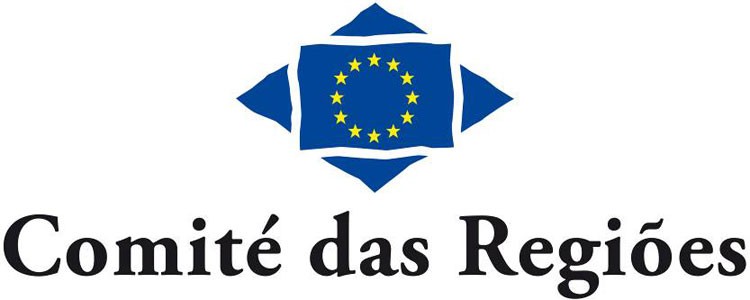
• Function: advisory body representing European local and regional authorities
• President: Karl-Heinz Lambertz (PSE)
• Members: 350 from all EU countries
• Created: 1994
• Headquarters: Brussels (Belgium)
• Website: Committee of European Regions
The European Committee of the Regions is an advisory body made up of elected representatives of regional and local authorities from the 28 EU countries. The Committee of the Regions provides a space for sharing opinions on European legislation with a direct impact on regions and cities.
What does the Committee of the Regions do?
Through the European Committee of the Regions, regions and cities have an active voice in the European legislative process, ensuring that the interests and needs of regional and local authorities are duly taken into account.
• The European Commission, the Council of the European Union and the European Parliament should consult the Committee of the Regions when drafting legislation on matters where regional and local authorities have a say, such as employment, social policy, economic and social cohesion, transport, energy and climate change.
• If this is not the case, the European Committee of the Regions may bring an action before the Court of Justice.
• Once the legislative proposal has been received, the European Committee of the Regions draws up and adopts an opinion which it sends to the other European institutions.
• The Committee of the Regions also issues opinions on its own initiative.
Composition
The members of the European Committee of the Regions are elected representatives of regional and local authorities, who are appointed for a term of five years by the Council, on a proposal from their respective countries. The number of members per country depends on the population of each country.
The members of a country constitute their national delegation, which reflects the political, geographical, regional and local balances of that country.
Members of the European Committee of the Regions may also decide to join a political group. There are currently five political groups reflecting the main European political families: the European People's Party (EPP), the Party of European Socialists (PSE), the Alliance of Liberals and Democrats for Europe (ALDE) and the Group of European Conservatives and Reformists (CRE). They may also choose not to include any political group (non-attached).
The European Committee of the Regions shall appoint the President from among its members for a period of two and a half years.
How does the European Committee of the Regions work?
The European Committee of the Regions shall appoint a rapporteur (among its members) to consult stakeholders and to draw up an opinion. The text is discussed and approved by the committee of the European Committee of the Regions responsible for the policy area concerned. The opinion shall then be submitted to all members in plenary, where it shall be put to the vote for its amendment and adoption. Once adopted, the opinion shall be circulated and sent to the European institutions.
There are up to six plenary sessions a year, during which opinions are approved on 50 to 80 legislative bills.
The European Committee of the Regions and the citizen
The European Committee of the Regions encourages participation at all levels, from regional and local authorities to ordinary citizens. They may participate in the surveys, on-line consultations and events organized by the European Committee of Regions, regional and local authorities, associations, NGOs, experts and academics. The 'European Entrepreneurial Region' award is aimed at all regions with political competence, while university thesis competitions are aimed at the academic world.
The European Committee of the Regions has set up a number of networks to enable all regions and cities in Europe to exchange good practices, collaborate and contribute to the European-wide discussions on issues related to growth and jobs, climate change, transnational cooperation, development and subsidiarity.
Regional and local authorities can also subscribe to the Multi-Level Governance Charter in Europe, which helps to publicize the legitimacy and accountability of cities and regions in the implementation of European policies.

























